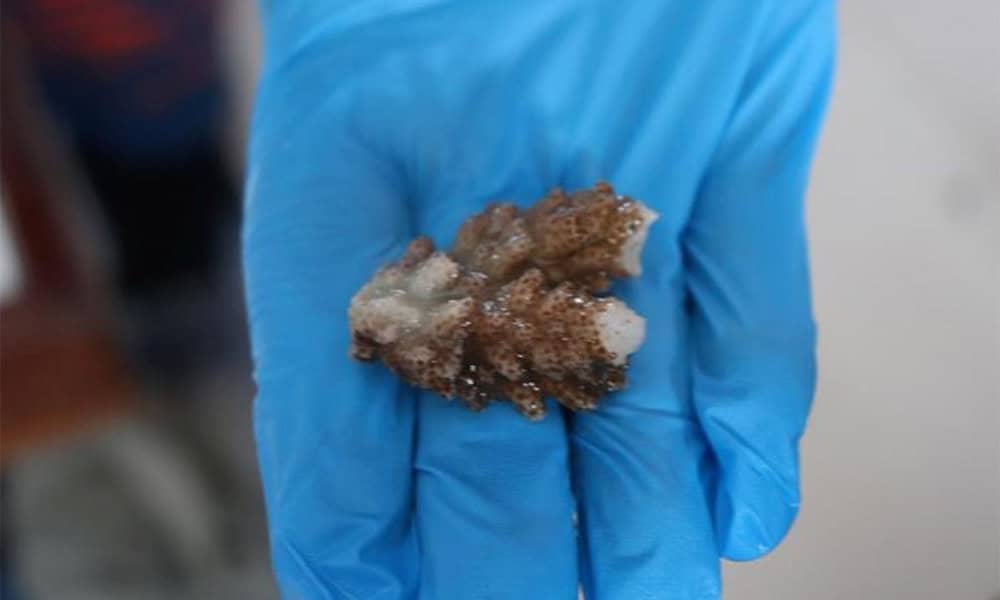Costa Rica’s Tortuga Island is making waves in marine conservation. On World Oceans Day the National Learning Institute (INA), State Distance University (UNED), and Bay Island Cruises announced a major milestone: the planting of 2,000 corals as part of an ongoing effort to restore the island’s degraded reefs. This project is a big step toward reviving marine ecosystems in the Gulf of Nicoya and protecting Costa Rica’s rich coastal biodiversity. It’s a story of science, community, and hope for the future of the country’s Pacific waters.
The initiative kicked off in August 2024, driven by the need to address severe reef damage caused by climate change, sedimentation, pollution, and overexploitation. Rodolfo Vargas, a researcher at INA’s Nautical Fishing Nucleus, explained that corals are like the ocean’s tropical forests, supporting 25% of marine species and fueling tourism, a key economic driver. Since 2013, INA has worked on Pacific reef restoration, but last year’s partnership with UNED and Bay Island Cruises zeroed in on Tortuga Island, transplanting 1,050 coral fragments from June to September 2024 and adding 300 more in early 2025.
The project uses “coral gardening,” a technique where fragments are grown on special structures that provide ideal light and oxygen while shielding them from predators. Three coral species have thrived in these conditions, boosting marine life and fish populations. UNED reports that 77% of Costa Rica’s coral ecosystems face serious threats, making efforts like this essential. Despite covering just 1% of the ocean floor, reefs are home to nearly a third of known fish species, act as nurseries for marine fauna, protect coastlines, and absorb carbon dioxide.
Local communities are at the heart of the project. By involving residents and training them in coral propagation, the initiative fosters sustainable tourism and economic growth. Bay Island Cruises provides logistical support, helping researchers and divers access the site. The project’s 2025 goals include making Tortuga Island a global model for marine restoration, expanding coral planting, installing artificial reefs, and promoting a blue economy that balances conservation with development.
This milestone is more than just a number. It’s a sign of Costa Rica’s commitment to its oceans, aligning with international goals on biodiversity and climate change. By transforming Tortuga Island into a hub for coral restoration, the country is not only saving its reefs but also supporting local livelihoods and setting an example for the world. Keep an eye on this project—it’s proof that small actions can make a big difference.






